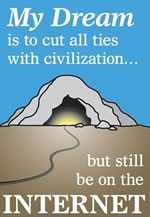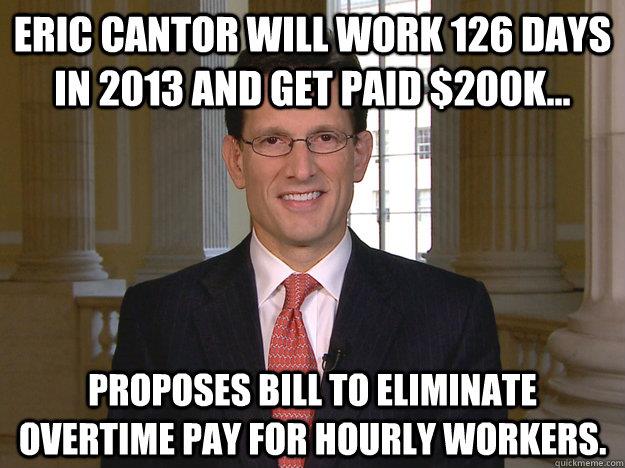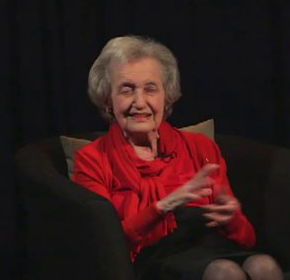People are strange ...
Carolina Naturally is read in 191 countries around the world daily.
Choco-holics beware! ...


Today is National Chocolate Chip Day
Don't forget to visit our sister blog!
Some of our readers today have been in:
Sofia, Bulgaria
Chisinau, Moldova
Riyadh, Saudi Arabia
Manila, Philippines
Kuwait, Kuwait
Melbourne, Australia
Belgrade, Serbia
Warsaw, Poland
Jakarta, Indonesia
Rangoon, Burma
Nuremburg, Germany
Kiev, Ukraine
Vilnius, Lithuania
Zagreb, Croatia
Doha, Qatar
Athens, Greece
Maribor, Slovenia
San Jose, Costa Rica
Ankara and Istanbul, Turkey
Saraphi and Bangkok, Thailand
Birmingham and London, England
Tangier and Casablanca, Morocco
Kuala Lumpur and Puchong, Malaysia
Johannesburg and Cape Town, South Africa
And across the USA in cities such as:
Kamuela, Moline, Gowrie and Rougemont
Sofia, Bulgaria
Chisinau, Moldova
Riyadh, Saudi Arabia
Manila, Philippines
Kuwait, Kuwait
Melbourne, Australia
Belgrade, Serbia
Warsaw, Poland
Jakarta, Indonesia
Rangoon, Burma
Nuremburg, Germany
Kiev, Ukraine
Vilnius, Lithuania
Zagreb, Croatia
Doha, Qatar
Athens, Greece
Maribor, Slovenia
San Jose, Costa Rica
Ankara and Istanbul, Turkey
Saraphi and Bangkok, Thailand
Birmingham and London, England
Tangier and Casablanca, Morocco
Kuala Lumpur and Puchong, Malaysia
Johannesburg and Cape Town, South Africa
And across the USA in cities such as:
Kamuela, Moline, Gowrie and Rougemont



 Where
have all the jobs gone? Computer scientist, and many people say, visionary,
Jaron Lanier (he supposedly coined the term "virtual reality"
when he helped pioneer the field), has found the culprit: the Internet.
Where
have all the jobs gone? Computer scientist, and many people say, visionary,
Jaron Lanier (he supposedly coined the term "virtual reality"
when he helped pioneer the field), has found the culprit: the Internet.




















 Man who discovered ozone hole dies
Man who discovered ozone hole dies




 Decline fear for plants and animals
Decline fear for plants and animals This bird is Nyctibius griseus, or the
This bird is Nyctibius griseus, or the 